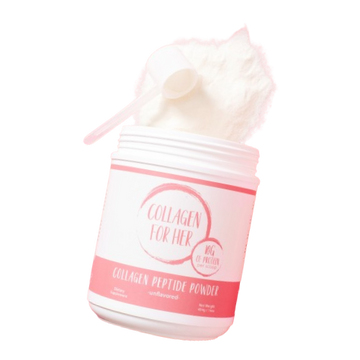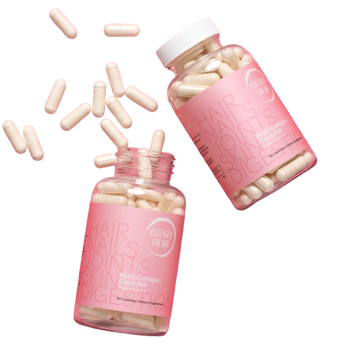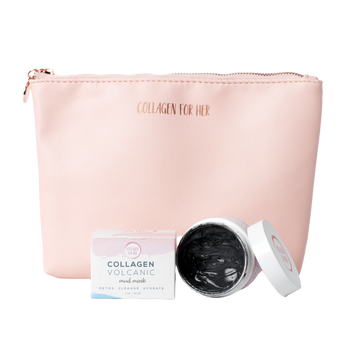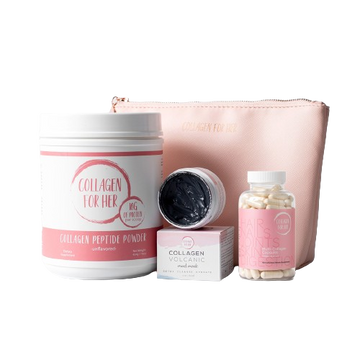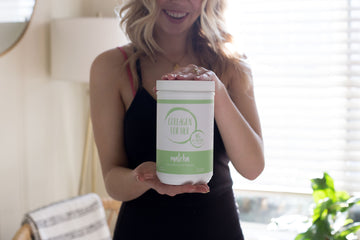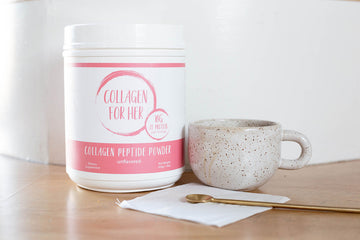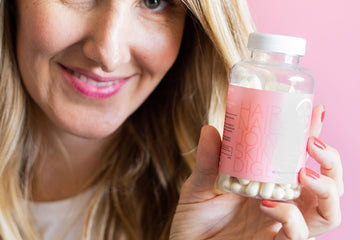Self-care is one of those things that many people need but can easily deprioritize. Perhaps they feel guilty spending time on themselves when there are so many responsibilities they need to take care of. Yet, properly taking care of yourself can be one of the wisest ways to invest your time. How so? When you are intentional about giving yourself, the caregiver, some generous TLC, you can unwind and recharge your batteries. As a result, you become more energized and more mentally, physically, and emotionally capable of giving your loved ones the quality care they need.
But what if you're concerned about the cost? After all, when you google "self-care," you're bound to see pics of people on vacation in exotic places. No worries! Enhancing your overall health doesn't require hopping into a plane or shelling out a lot of dollars. In fact, several means of caring for yourself don't even cost a thing! So, to quickly get you started on your self-care journey, here are a few super doable hacks to practice self-care for free.
Free and easy ways to take better care of yourself
1. Craft a bedtime routine.
Proper sleep hygiene is necessary to ensure that your mind and body get the rest they need to recover and re-energize. When we sleep, a couple of things happen to us. One is that during slumber, our bodies take advantage of this time to repair damaged cells and promote tissue regrowth. At the same time, our brains can also get rid of toxins that have accumulated in your central nervous system during waking hours. Studies also show a strong link between poor mental health and sleep disturbances.
To get a good night's rest, you'll need to be intentional about developing good sleeping habits. Begin by creating a bedtime routine. First off, ensure that your sleeping and waking times are consistent. About two hours before getting into bed, ditch all your electronics that can keep your mental alertness up. Soak into a warm bath with lavender salts to calm your nerves. Then, keep your bedroom cozy with dark curtains and bring the thermostat down. Lastly, sip some inflammation-reducing and sleep-inducing chamomile tea before sinking into restorative slumber.
2. Stay hydrated
The importance of drinking enough water can't be overstated. Dehydration can cause many health problems, including brain fog, mood changes, constipation, headaches, fatigue, etc. When you're downing enough fluids, you can help address all these health concerns. In addition, getting enough hydration can improve your skin texture. Research demonstrates that dietary water may have a positive impact on skin physiology. On top of that, our cells need water to maintain electrolytes and help prevent muscle fatigue.
According to the Mayo Clinic, men need around 3.7 liters of fluids (equivalent to 15.5 cups daily), while women require 2.7 liters (equivalent to 11.5 cups a day). However, it's easier said than done. To meet your daily water requirements, you'll need to be intentional about it. Some tips include always carrying a water bottle or jug wherever you go so you don't forget to refill and take a sip constantly. Also, instead of sugary beverages, add a wedge of lemon or lime to your water to add a bit of flavor and make it more refreshing.
3. Get breathing!
Breathing is one "cashless" self-care activity anyone can do anytime and anywhere. However, breathing properly is a different matter. Over time we develop bad breathing habits. Also, as we age, the diaphragm, or the muscle that supports breathing, weakens. In addition, our bones become thinner, which influences the shape of the ribcage. As a result, the expansion of the ribcage becomes limited. Our lungs also lose their ability to keep their air passages consistently open. All these changes make it more difficult for us to inhale and exhale as we should.
When we are unable to breathe correctly, our oxygen levels dip. Secondly, the carbon dioxide we're supposed to expel may remain in our bodies. The consequences are tiredness and shortness of breath. With less oxygen, our cells won't get the supply they need to self-repair and self-regenerate. The immune system becomes less capable of fending off lung infections and other diseases.
Here are a few ways to improve your breathing:
- Try sleeping on your side with a pillow elevating your head and another pillow wedged between your legs to align your spine.
- Practice breathing techniques such as 4-7-8, inhaling through your nose for four seconds, holding it for seven, and releasing the air through your mouth in 8 seconds.
- Ditch your bad lifestyle habits, such as smoking and eating an unhealthful diet that makes you put on pounds. Instead, make exercise a daily activity. This will help you relieve the tightness in your muscles and help your ribcage contract better, especially with stretching and flexibility workouts.
- Maintain a good posture to help your chest and ribcage fully expand. This enables you to take enough oxygen to meet your body's needs.
4. Enjoy a good laugh.
Who doesn't enjoy laughing? Wherever people hang out and have fun, there's sure to be someone cracking jokes in the group to keep the party going. It's also no surprise that people pay good money to troop to comedy theaters or watch the latest funny movie. And that's because laughter is an excellent way to release stress. When we laugh, our brains release endorphins into our bloodstream. Studies also show that laughing, whether natural or induced by laughter therapy, can reduce the stress hormone cortisol. Some benefits of diminished cortisol supply include strengthening the immune system and the body's ability to fight inflammation and heal injuries. So, go ahead and laugh your way to better health!
5. Take nature walks.
Nature walks are one of the easiest ways to practice self-care. Being out in the fresh air and enjoying the beautiful views of the trees and the horizon can significantly boost your mood. In one experiment, half of the patients who had gallbladder surgery were made to look at trees. The other half only had a view of a wall. The findings show that the first group had a higher pain tolerance, fewer side effects, and faster recuperating time. Further studies also reveal that being outdoors can lower blood pressure, muscle tension, and heart rate. Not only was it found to help in alleviating stress but also in reducing anger and fear.
In addition, walking has tremendous health benefits. This gentle exercise can enhance blood circulation, boost heart health, fight depression, and lessen joint pain. Another evident bonus is that you can avail yourself of the power combo of nature and walking without spending on expensive gym memberships.


